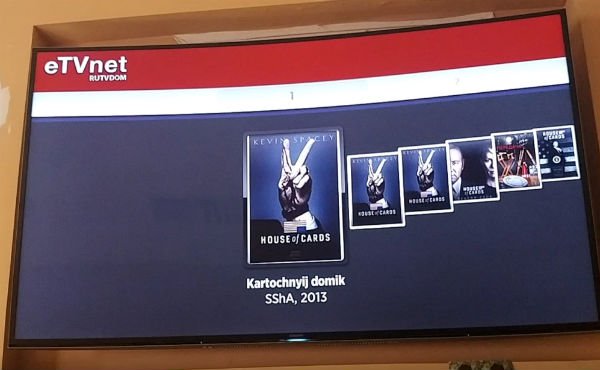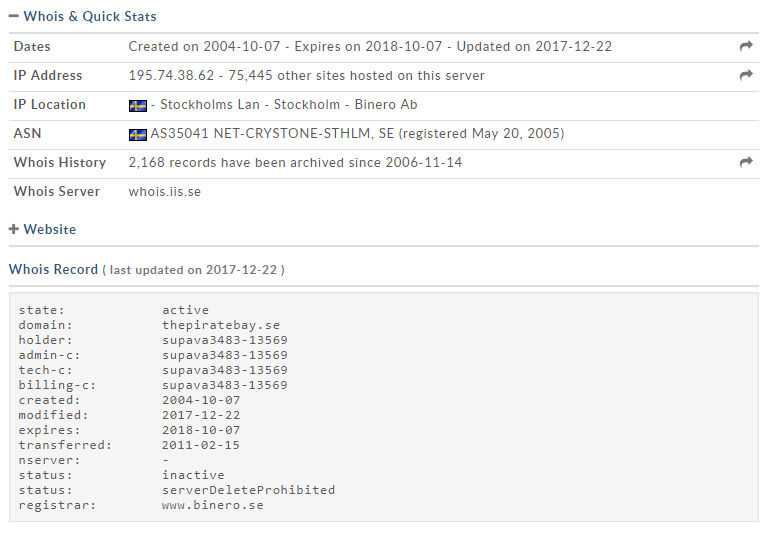Might Google Class “Torrent” a Dirty Word? France is About to Find Out
samedi 23 décembre 2017 à 20:34 Like most countries, France is struggling to find ways to stop online piracy running rampant. A number of options have been tested thus far, with varying results.
Like most countries, France is struggling to find ways to stop online piracy running rampant. A number of options have been tested thus far, with varying results.
One of the more interesting cases has been running since 2015, when music industry group SNEP took Google and Microsoft to court demanding automated filtering of ‘pirate’ search results featuring three local artists.
Before the High Court of Paris, SNEP argued that searches for the artists’ names plus the word “torrent” returned mainly infringing results on Google and Bing. Filtering out results with both sets of terms would reduce the impact of people finding pirate content through search, they said.
While SNEP claimed that its request was in line with Article L336-2 of France’s intellectual property code, which allows for “all appropriate measures” to prevent infringement, both Google and Microsoft fought back, arguing that such filtering would be disproportionate and could restrict freedom of expression.
The Court eventually sided with the search engines, noting that torrent is a common noun that refers to a neutral communication protocol.
“The requested measures are thus tantamount to general monitoring and may block access to lawful websites,” the High Court said.
Despite being told that its demands were too broad, SNEP decided to appeal. The case was heard in November where concerns were expressed over potential false positives.
Since SNEP even wants sites with “torrent” in their URL filtered out via a “fully automated procedures that do not require human intervention”, this very site – TorrentFreak.com – could be sucked in. To counter that eventuality, SNEP proposed some kind of whitelist, NextInpact reports.
With no real consensus on how to move forward, the parties were advised to enter discussions on how to get closer to the aim of reducing piracy but without causing collateral damage. Last week the parties agreed to enter negotiations so the details will now have to be hammered out between their respective law firms. Failing that, they will face a ruling from the court.
If this last scenario plays out, the situation appears to favor the search engines, who have a High Court ruling in their favor and already offer comprehensive takedown tools for copyright holders to combat the exploitation of their content online.
Meanwhile, other elements of the French recording industry have booked a notable success against several pirate sites.
SCPP, which represents Warner, Universal, Sony and thousands of others, went to court in February this year demanding that local ISPs Bouygues, Free, Orange, SFR and Numéricable prevent their subscribers from accessing ExtraTorrent, isoHunt, Torrent9 and Cpasbien.
Like SNEP in the filtering case, SCPP also cited Article L336-2 of France’s intellectual property code, demanding that the sites plus their variants, mirrors and proxies should be blocked by the ISPs so that their subscribers can no longer gain access.
This week the Paris Court of First Instance sided with the industry group, ordering the ISPs to block the sites. The service providers were also told to pick up the bill for costs.
These latest cases are yet more examples of France’s determination to crack down on piracy.
Early December it was revealed that since its inception, nine million piracy warnings have been sent to citizens via the Hadopi anti-piracy agency. Since the launch of its graduated response regime in 2010, more than 2,000 cases have been referred to prosecutors, resulting in 189 criminal convictions.
Source: TF, for the latest info on copyright, file-sharing, torrent sites and more. We also have VPN discounts, offers and coupons
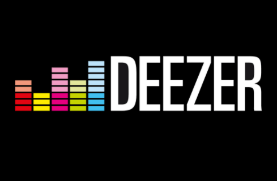 Nowadays there are dozens of ways for people to pirate free music. Torrent sites, direct downloading portals, stream ripping, you name it.
Nowadays there are dozens of ways for people to pirate free music. Torrent sites, direct downloading portals, stream ripping, you name it. 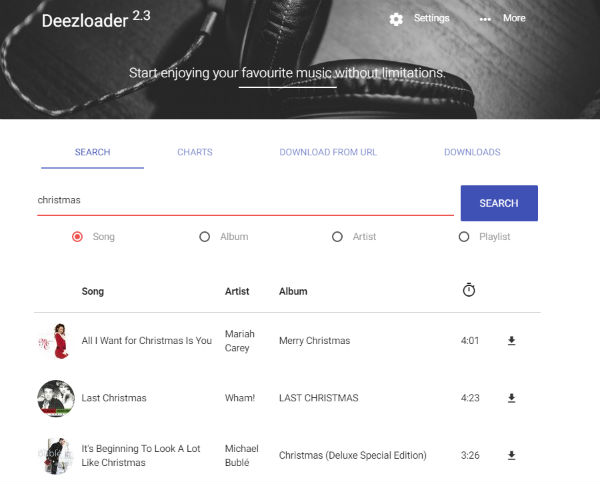
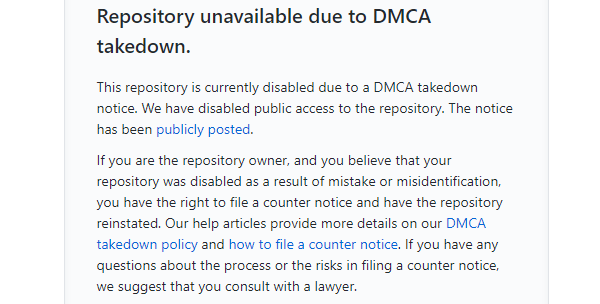
 Last year, Torrentz.eu decided to
Last year, Torrentz.eu decided to 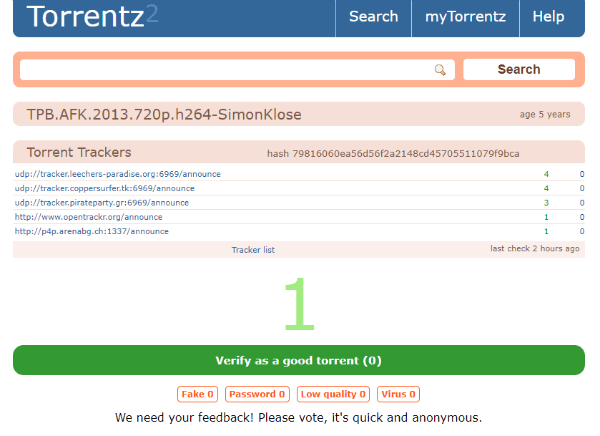
 In recent years there has been a boom in video streaming services, some operating with proper licenses and others without.
In recent years there has been a boom in video streaming services, some operating with proper licenses and others without. 